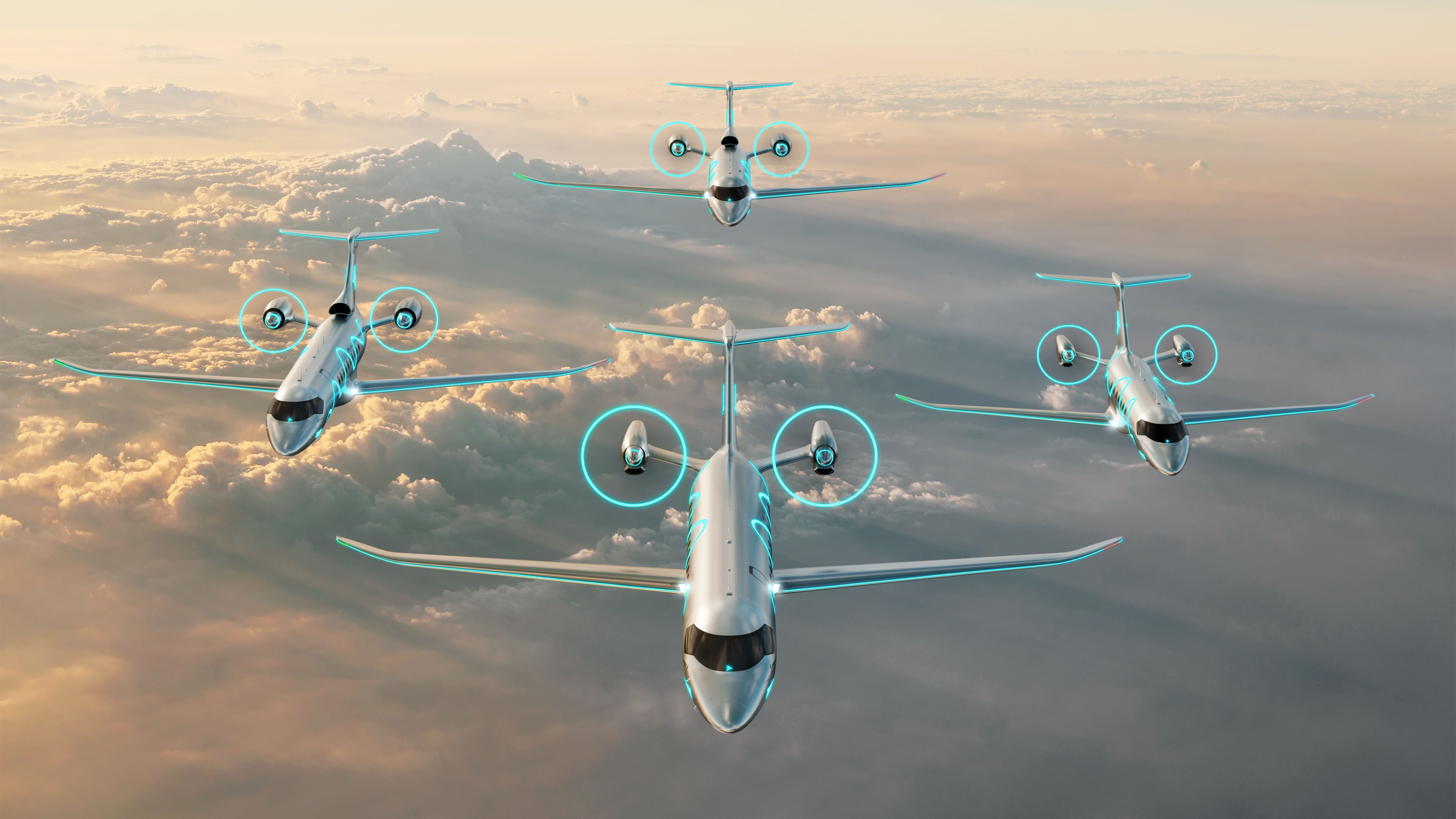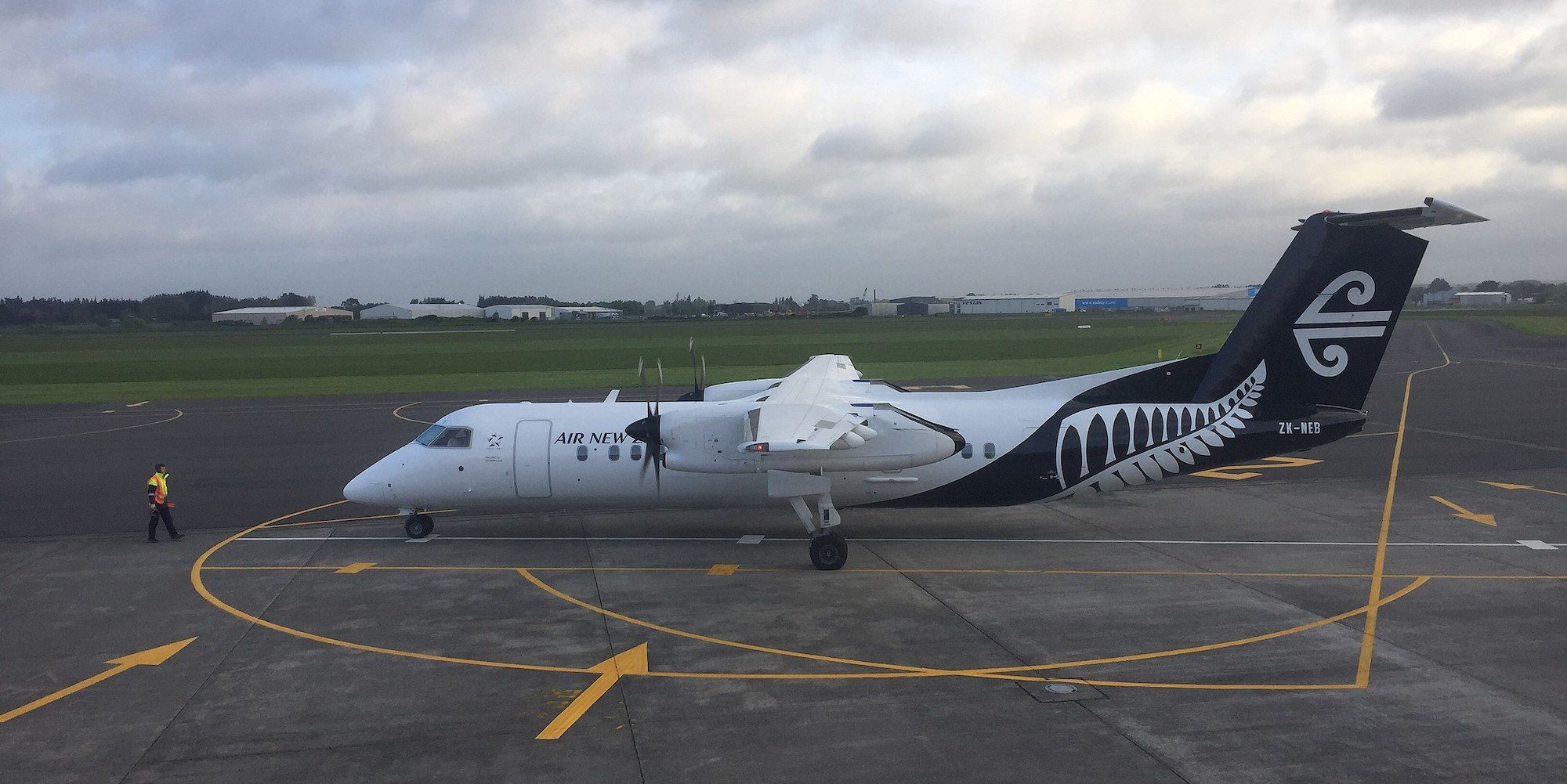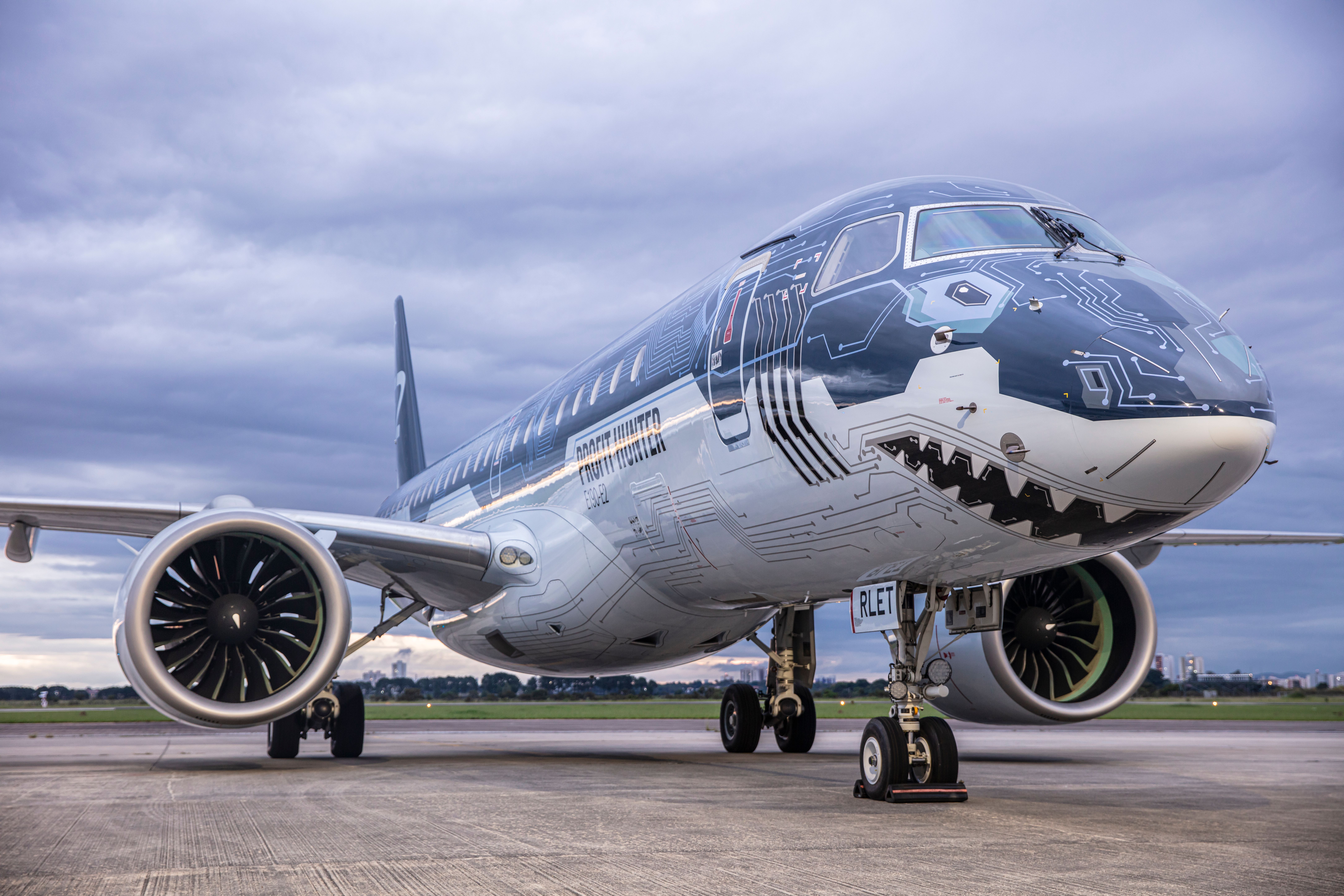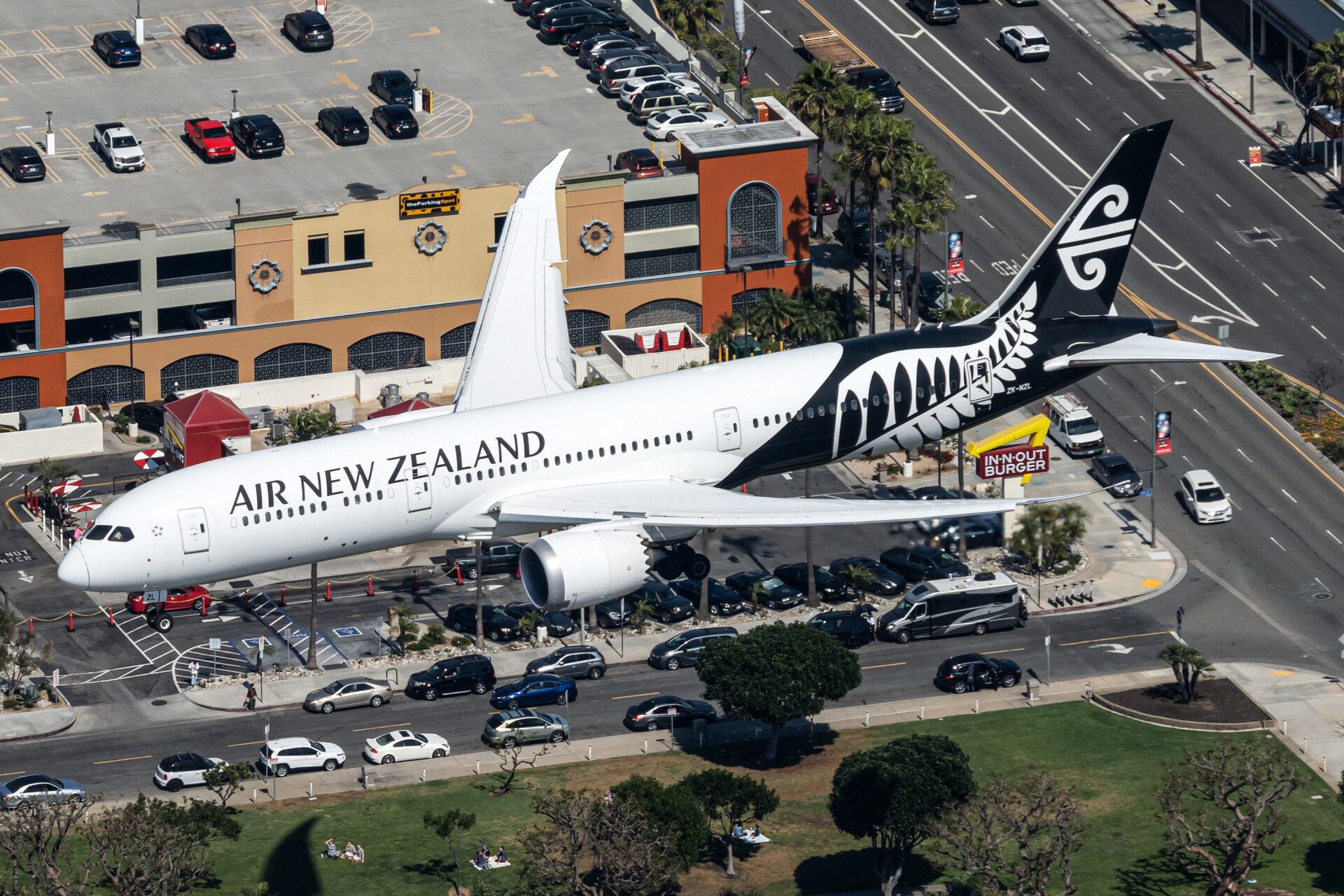On Tuesday, Brazil's global aerospace giant Embraer announced it had partnered with Air New Zealand as both organizations march towards zero-emissions aviation. In a reciprocal move, the two will collaborate on each other's existing zero-emissions projects.
Energia and Air New Zealand a good fit
The coming together of two like-minded aviation companies will add significant expertise to their sustainability programs and bring unique insights from the airline and aircraft manufacturer perspectives. Air New Zealand has agreed to join Embraer's Energia Advisory Group, while Embraer will be a long-term partner in Air New Zealand's Mission Next Gen Aircraft initiative.
The Energia project encompasses Embraer's range of sustainable concepts for regional aircraft capable of carrying up to 50 passengers. First detailed in 2021, Energia is a crucial plank of the planemaker's pathway to net zero aviation by 2050 and was updated in a live-streamed presentation in December last year.
In essence, Energia involves four new aircraft concepts focusing on 19-30 seater designs powered by hybrid-electric and hydrogen-electric propulsion. As propulsion technology evolves, the program looks at interim steps towards net zero by 2050, aiming to reduce carbon emissions by 50% starting from 2030.
As well as its long-haul flights across the Pacific, Air New Zealand (ANZ) has an extensive short-haul domestic network to more than 20 regions, with many routes ideally suited to the types of regional aircraft Embraer has in mind for Energia. President and CEO of Embraer Commercial Aviation, Arjan Meijer, recognized this synergy, saying in yesterday's announcement that as the global leader in regional aircraft Embraer is ideally positioned to bring disruptive technologies to smaller aircraft first.
"Air New Zealand, [an] operator of a large, complex and diverse regional network, is the perfect collaborator, and we're proud to be a part of this initiative. Smaller regional aircraft are going to be the first platforms on which new fuel and propulsion systems can be introduced effectively. Embraer looks forward to contributing to Air New Zealand's initiative and also adding their expertise and requirements into Embraer's Energia project."
Air New Zealand wants to lead net-zero aviation
In November, Air New Zealand CEO Greg Foran set out the carrier's roadmap to net zero commercial aviation by 2050, saying that he wants the airline to lead the world in reaching this ambitious goal. The presentation announced the Mission Next Generation Aircraft program, which aims to begin replacing the De Havilland Q300 turboprop fleet of more than 50 aircraft with sustainable aircraft from 2030.
Picking up that baton is ANZ chief sustainability officer Kiri Hannifin, who said this ambitious goal would not be met by a "business as usual" approach. She added that Mission Next Gen Aircraft aims to accelerate the technology and infrastructure needed to decarbonize the airline's domestic flights "by joining forces with the world's leading aircraft developers, innovators and infrastructure providers."
"We want to be a leader in the roll out of zero emissions aircraft in New Zealand. Having Embraer as one of our long-term partners will grow our collective understanding of zero-emissions aircraft technology as it develops and will give them the confidence they are developing a product that's viable for us."
Want to know more about sustainability in aviation?
Another factor in Air New Zealand's favor is the nation's abundance of power produced from renewable sources. This will be especially useful as the partners delve deeper into using hydrogen-powered aircraft, such as Embraer's H2 Fuel Cell concept.
This is a great collaboration between Embraer and Air New Zealand, which has the potential to push emission-free regional aviation along at a faster rate than we have seen previously. It will be fascinating to see it develop over the coming months and years.
What do you think of this initiative? Let us know in the comments.





